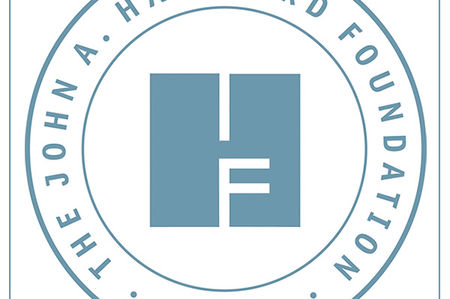Three New Grants Totaling $3,222,718 Approved by JAHF Board of Trustees at June 2018 Meeting

The John A. Hartford Foundation Board of Trustees approved three new grants totaling $3,222,718 in June 2018 to improve emergency department care for older adults, to ensure access to quality care for older adults with long-term and serious illnesses, and to support states to develop palliative care programs.
American Geriatrics Society, and American College of Emergency Physicians: Catalyzing Emergency Department Enhancements for Older Adults ($2,158,209 for 36 months)
The Geriatric Emergency Department Collaborative (GEDC), supported in partnership with the West Health Institute, will continue to transform care, catalyze action and evaluate best practices in emergency care for older adults. A GEDC Coordinating Center will be established through grants to the American Geriatrics Society (AGS) and the American College of Emergency Physicians (ACEP) to oversee the activities of a cadre of interdisciplinary faculty, nine current GEDC sites, and four national organizations (Emergency Nurses Association, Society for Academic Emergency Medicine, ACEP and AGS). The GEDC will conduct regional and site-specific training for emergency departments; develop online educational curriculum; and study the initiative and geriatric emergency department interventions. Additionally, funding to ACEP will support its new Geriatric Emergency Department Accreditation program, which provides a framework of best practices and a level of public assurance regarding the quality of care provided to older adults in the emergency department setting.
Center for Medicare Advocacy: Medicare Education & Outreach, Opening Doors to Quality Care for Older Adults with Long-term and Serious Illnesses ($615,000 for 24 months)
A renewal grant to the Center for Medicare Advocacy (CMA) will help ensure that Medicare meets its promise under the law to provide access to coverage and care for older adults with long-term, serious illnesses. Core funding will build the organization’s capacity for outreach and education to policy makers, providers, and the public on issues such as home health care access, hospital observation status (which impacts access to post-acute care), and elder mistreatment in nursing homes. Funding will also support the Center’s collaborations with other key organizations to ensure that Medicare beneficiaries with conditions that will not improve, such as Parkinson’s or Alzheimer’s disease, obtain care to preserve and maintain their function. The result will be a stronger, more age-friendly Medicare program that helps vulnerable older adults receive the care they need.
National Academy for State Health Policy: Supporting the Continuum of Palliative Care, A Resource Hub for State Policymakers ($449,509 for 26 months)
In order to improve access to palliative care services for older adults with serious illness, a grant to the National Academy for State Health Policy (NASHP) will support its work with legislators, regulators, and state Medicaid directors to develop plans and policies that overcome barriers to the delivery of palliative care. The effort will highlight effective and innovative state practices and provide model legislation, as well as contract and regulatory guidance to support state implementation of palliative care programs and services.
